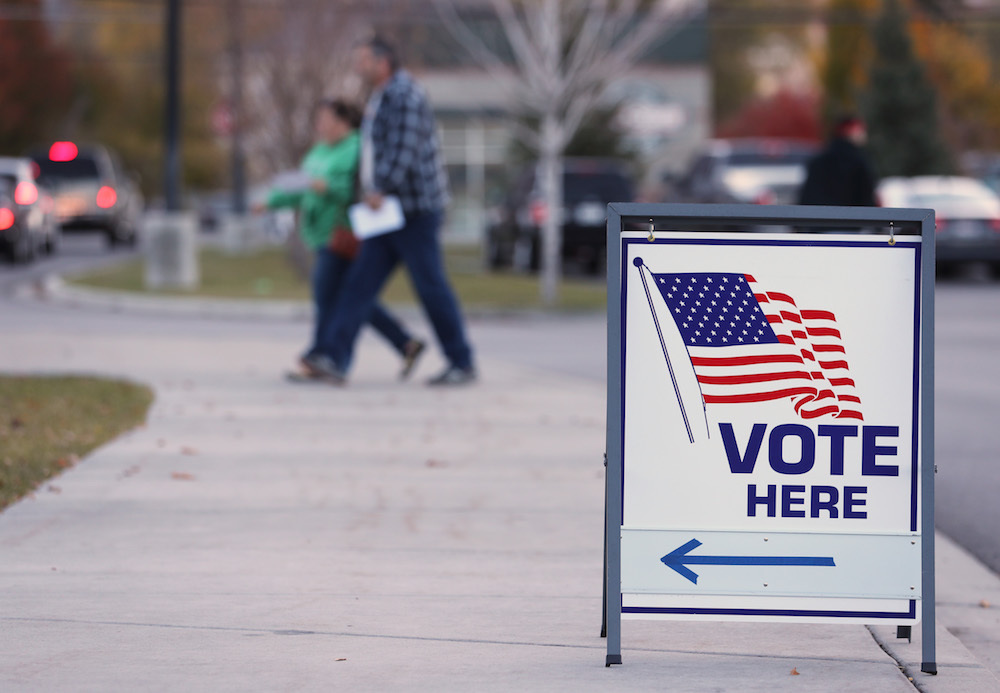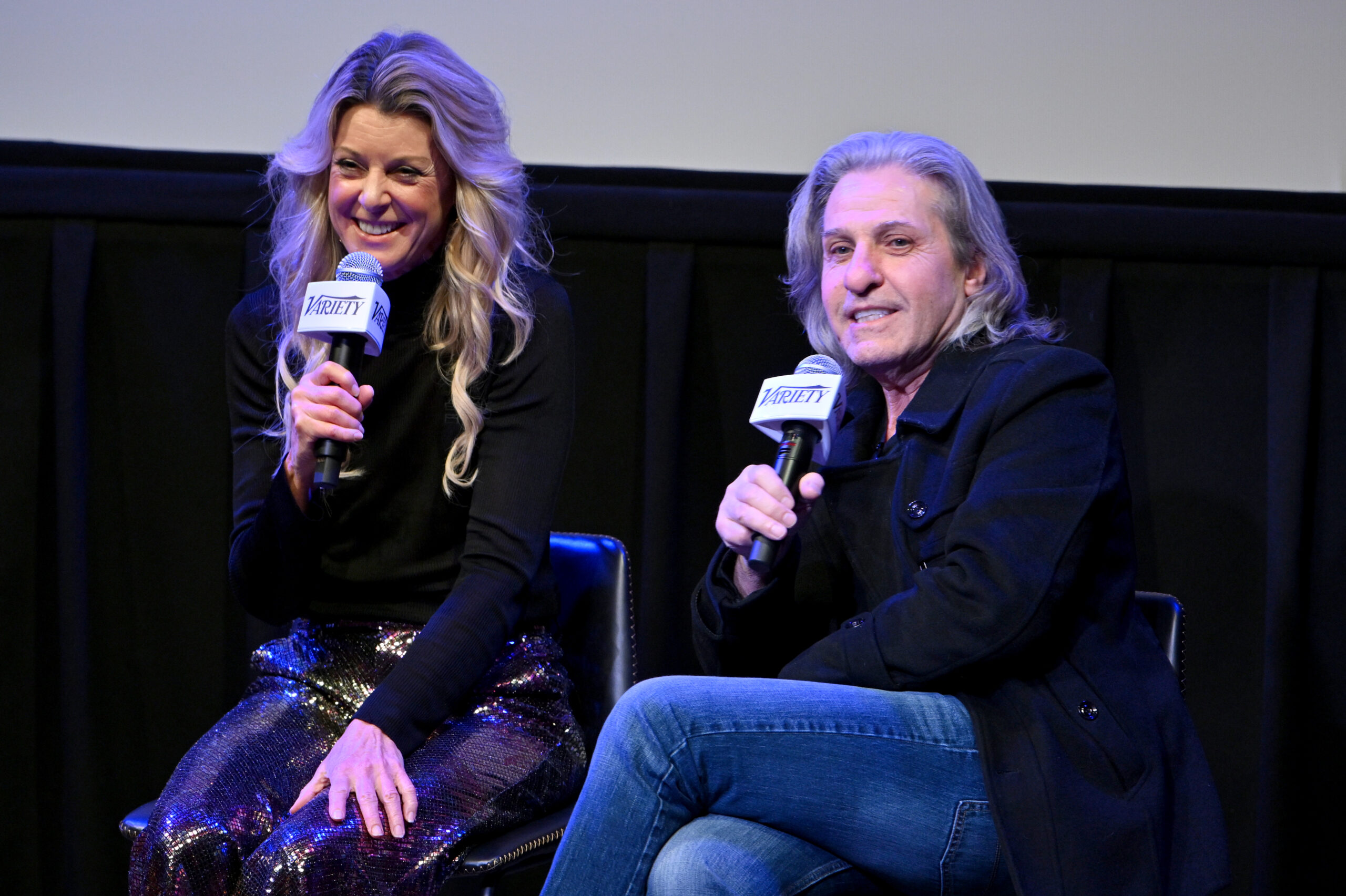For Christians who care deeply about biblical values in public life, this week’s election results across Pennsylvania and other states may have felt discouraging. Candidates who stood for life, parental rights, or religious freedom lost ground—while our culture seems to drift further from God’s design. It’s easy to feel deflated.
But Scripture reminds us:
**“The Most High rules the kingdom of men and gives it to whom He will”** (Daniel 4:17).
**“The king’s heart is a stream of water in the hand of the Lord; He turns it wherever He will”** (Proverbs 21:1).
Elections may change leaders, but they never change God’s sovereignty. Still, God’s providence does not excuse passivity. Rather, His sovereignty calls us to active stewardship. Our civic engagement—our voting, advocacy, and influence—is part of how we steward the freedom He’s given us and put His truths into practice.
### The Significance of Civic Participation
As Pennsylvania investigative reporter Meg Brock observed, the election results send a sobering message:
> “While Governor Josh Shapiro praises the results as a rejection of ‘chaos, higher prices, and attacks on our foundational rights,’ and Republicans have promised to examine ‘where we can do better,’ Bucks County voters tell the story of what determines elections in modern politics: getting out the vote.”
Only **49.7%** of registered Bucks County voters participated in the November 2025 elections, compared to **81.79%** who voted in 2024. The lesson is clear: if pro-family Christians do not prioritize influencing those in our sphere and faithfully get out to vote, others will shape the moral and political landscape in our absence. As Meg Brock said, we and our children will pay the price with the consequences of bad politicians, bad policies, and bad legislation.
### Beyond the Ballot Box: The “In-Between” Moments
When ballots are counted and the headlines fade, we enter the “in-between” moments—the months and years between elections, when discipleship and renewal of the mind happen. This is when the Church must train hearts and minds to discern good from evil.
**Hebrews 5:14 says:**
> “Solid food is for the mature, for those who have their powers of discernment trained by constant practice to distinguish good from evil.”
That kind of maturity doesn’t develop in the heat of an election cycle; it develops in the quiet work of discipleship. This must include:
– **Pastors:** Teaching a biblical worldview from the pulpit.
– **Parents:** Teaching and modeling civic duty to the next generation.
– **Small groups:** Discussing objective truth and policy in light of Scripture.
When Christians practice thinking biblically about government, law, and morality, they become the kind of voters and neighbors who reflect Christ—long before they step into a voting booth. This is one of the most loving things we can do for our communities.
To love our neighbor includes working for just laws and policies that protect the vulnerable, promote human flourishing, and point to the ultimate lawgiver at the center of the Gospel.
### God Placed You Here, Now
Jeremiah 29 tells God’s people in exile to “seek the peace and prosperity of the city” where He had sent them. Even as foreigners in Babylon, they were to engage, build, and bless their city.
**Acts 17:26:**
> “God Himself determines the times set for people and the exact places where they should live.”
None of us are here by accident. We are each placed at this moment in history, not as spectators, but as stewards. Our votes, conversations, and presence in school board meetings and community discussions are ways we help our culture encounter truth. These civic moments are not separate from our faith—they are an extension of it.
### Politics as Pre-Evangelism
**Galatians 3:24 says:**
> “Therefore the Law was our tutor to bring us to Christ, so that we might be justified by faith.”
The law prepared hearts to recognize their need for a Savior. In a similar way, our engagement in shaping laws and policies helps expose the moral foundations of right and wrong. Faithful civic participation can act as pre-evangelism.
When Christians live out biblical truth in the public square—defending life, honoring marriage, promoting justice—we fertilize the soil of our communities for the seeds of the Gospel. Moral clarity and just laws can point hearts toward Christ. That doesn’t mean politics replaces evangelism; it means political faithfulness can support it. When we model integrity, humility, and courage in our engagement, we make the Gospel credible to a watching world.
### What the Church Must Do Next
If this election season taught us anything, it’s that formation matters more than mere mobilization. The Church cannot simply call Christians to vote every two or four years; we must disciple believers to think biblically about every issue—all year long.
– **Pastors:** Teach citizenship as discipleship. Equip believers to apply Scripture to real policy questions.
– **Parents:** Discuss current events around the dinner table through a biblical lens. Show your children that truth is knowable and that Scripture informs every decision.
– **Church members:** Be present, speak truth with grace, and mentor others in discernment.
Our goal is not merely to “win” elections but to win hearts, starting within the walls of our local churches. A culture transformed by truth begins with believers whose minds are renewed by the Word of God (**Romans 12:2**).
Yes, the political winds will shift and we will face defeats. But our mission remains unchanged. God calls us to faithfulness, not outcomes.
### Recommit to Faithful Stewardship
In this “in-between” season—between campaigns, victories, and losses—let’s recommit to being salt and light that lasts. Let’s shape the moral imagination of our communities, cultivate the soil for the Gospel, and model what informed, courageous citizenship looks like. When God’s people seek the peace of their city, love their neighbor through informed civic duty, and proclaim truth with grace, the harvest—eternal and lasting—will never disappoint.
—
*Josue Sierra is the Director of Communications for the PA Family Institute, and a writer and speaker on biblical worldview and Christian discernment in cultural engagement. He lives in the Mid-Atlantic region with his wife and five children.*
https://www.christianpost.com/voices/as-christians-how-do-we-come-back-from-this-election-loss.html



